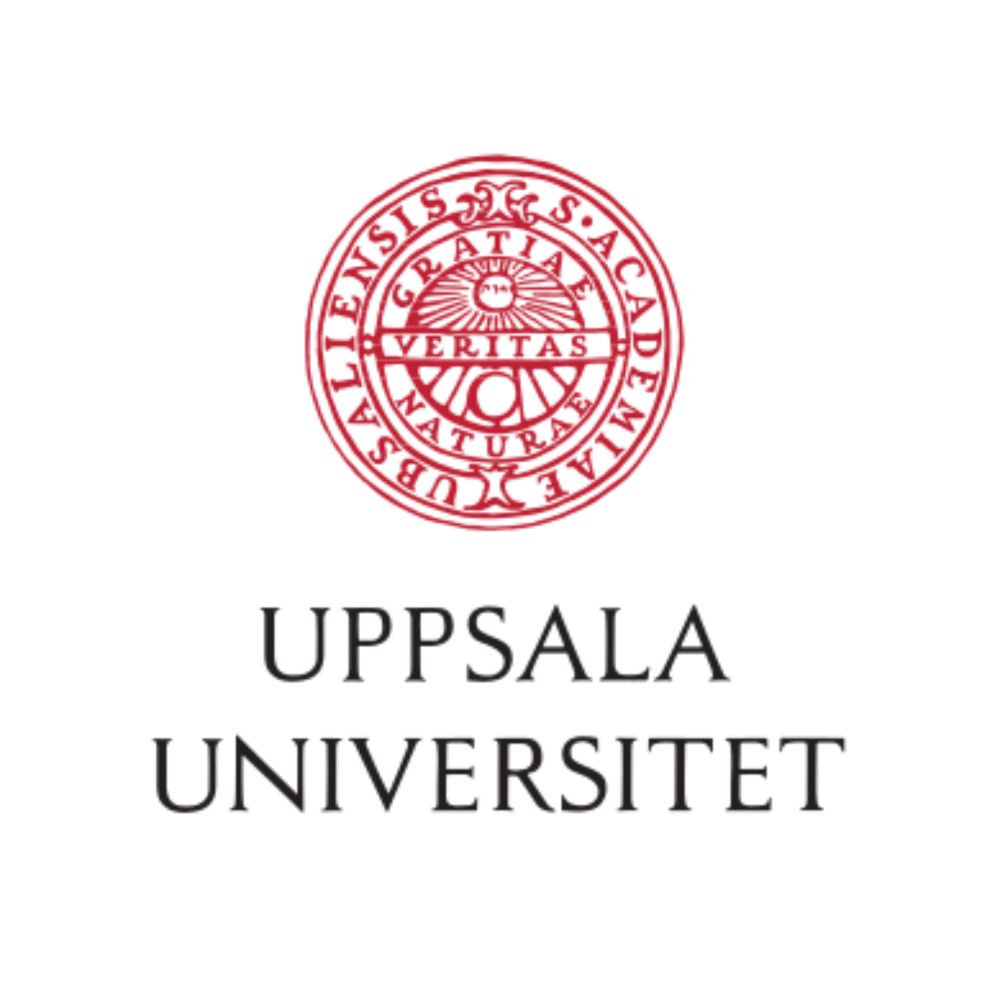
Royal Society University Research Fellow
aDNA | Complex Traits | Selection | Disease | 🇦🇺🇬🇧💀🧬🦠

Abstract deadline 9 June. If work is ongoing, plan for Heidelberg in September😉.
Organised by Maanasa Raghavan, @matejahajdi.bsky.social, Choongwon Jeong & me.

Abstract deadline 9 June. If work is ongoing, plan for Heidelberg in September😉.
Organised by Maanasa Raghavan, @matejahajdi.bsky.social, Choongwon Jeong & me.

Our research, published today in Science, reveals remarkable concordance between human and dog genomes through time, highlighting how deeply intertwined our evolutionary histories have been over the past 11,000 years.
🔗 Read the full paper here: www.science.org/doi/10.1126/...

Our research, published today in Science, reveals remarkable concordance between human and dog genomes through time, highlighting how deeply intertwined our evolutionary histories have been over the past 11,000 years.
🔗 Read the full paper here: www.science.org/doi/10.1126/...
2 doggy papers are so much better than 1. Both studies a testament to slow science & international collaboration between brilliant people. What it's all about.
www.science.org/doi/10.1126/...
www.science.org/doi/10.1126/...

2 doggy papers are so much better than 1. Both studies a testament to slow science & international collaboration between brilliant people. What it's all about.
www.science.org/doi/10.1126/...
www.science.org/doi/10.1126/...
I am excited to announce that our new study explaining the missing heritability of many phenotypes using WGS data from ~347,000 UK Biobank participants has just been published in @Nature.
Our manuscript is here: www.nature.com/articles/s41....

I am excited to announce that our new study explaining the missing heritability of many phenotypes using WGS data from ~347,000 UK Biobank participants has just been published in @Nature.
Our manuscript is here: www.nature.com/articles/s41....
We describe a critical concept that we call *specificity*.
Led by Jeff Spence and Hakhamanesh Mostafavi:
In new work @nature.com with @hakha.bsky.social, @jkpritch.bsky.social, and our wonderful coauthors we find that the key factors are what we call Specificity, Length, and Luck!
🧬🧪🧵
www.nature.com/articles/s41...

We describe a critical concept that we call *specificity*.
Led by Jeff Spence and Hakhamanesh Mostafavi:
(From ‘The Thinking Game’, 2024)
(From ‘The Thinking Game’, 2024)
Or a computational scientist that want to understand biology and disease evolution, and curious about the ancient past?
If you have these or other burning questions that fits into our programme, apply below!
We work on:
📜 Genetic history integrated with archaeology and history
📈 Natural selection and trait genetics
🐺 Evolutionary genomics of dogs and wolves
🦠 Ancient pathogen genomics
💀 Hominin evolution and ancient proteomics
Apply by 05 November 2025
www.crick.ac.uk/careers-and-...
Or a computational scientist that want to understand biology and disease evolution, and curious about the ancient past?
If you have these or other burning questions that fits into our programme, apply below!
The project will utilize modern and #aDNA data from humans and sheep to study environmental adaptation (including method development and simulations).
Please share!
www.uu.se/en/about-uu/...

I want to acknowledge this was only possible through the work of the late Dr. Judith Findlater, along with Prof. Eileen Murphy at @qubelfastofficial.bsky.social.

I want to acknowledge this was only possible through the work of the late Dr. Judith Findlater, along with Prof. Eileen Murphy at @qubelfastofficial.bsky.social.
doi.org/10.1093/molb...

doi.org/10.1093/molb...
www.uu.se/en/about-uu/...

The project will utilize modern and #aDNA data from humans and sheep to study environmental adaptation (including method development and simulations).
Please share!
www.uu.se/en/about-uu/...

The project will utilize modern and #aDNA data from humans and sheep to study environmental adaptation (including method development and simulations).
Please share!
www.uu.se/en/about-uu/...
www.cell.com/ajhg/fulltex...
www.cell.com/ajhg/fulltex...
I'm looking for a motivated student to work here in Vienna @vdsee-univie.bsky.social on my ERC grant "DISPERSE". It's a fulltime scholarship (working in 14C and #archsci in Palaeolithic archaeology in Eurasia.
Details in the link below!
jobs.univie.ac.at/job/Universi...
I'm looking for a motivated student to work here in Vienna @vdsee-univie.bsky.social on my ERC grant "DISPERSE". It's a fulltime scholarship (working in 14C and #archsci in Palaeolithic archaeology in Eurasia.
Details in the link below!
jobs.univie.ac.at/job/Universi...

Details at my quaint website below. Deadline 3rd October.
kevingdaly.github.io
Details at my quaint website below. Deadline 3rd October.
kevingdaly.github.io
www.ucl.ac.uk/work-at-ucl/...

www.ucl.ac.uk/work-at-ucl/...

Than you are more than welcome to apply to join my group starting Jan 2026 :)
candidate.hr-manager.net/ApplicationI...
Please reach out if you have any questions!

Than you are more than welcome to apply to join my group starting Jan 2026 :)
candidate.hr-manager.net/ApplicationI...
Please reach out if you have any questions!
Contact me at kevin[at]palaeome.org, full ad to come. Please share!

In our new @natcardiovascres.nature.com paper, we provide an end-to-end framework for genetically validating IL-6 inhibition for atherosclerotic cardiovascular disease outcomes 🧵

In our new @natcardiovascres.nature.com paper, we provide an end-to-end framework for genetically validating IL-6 inhibition for atherosclerotic cardiovascular disease outcomes 🧵
This has been a six-year effort by 13 authors to weave together 3 separate but related evolutionary stories around this one gene (more on thread 🧵).
www.science.org/doi/10.1126/...

This has been a six-year effort by 13 authors to weave together 3 separate but related evolutionary stories around this one gene (more on thread 🧵).
www.science.org/doi/10.1126/...

